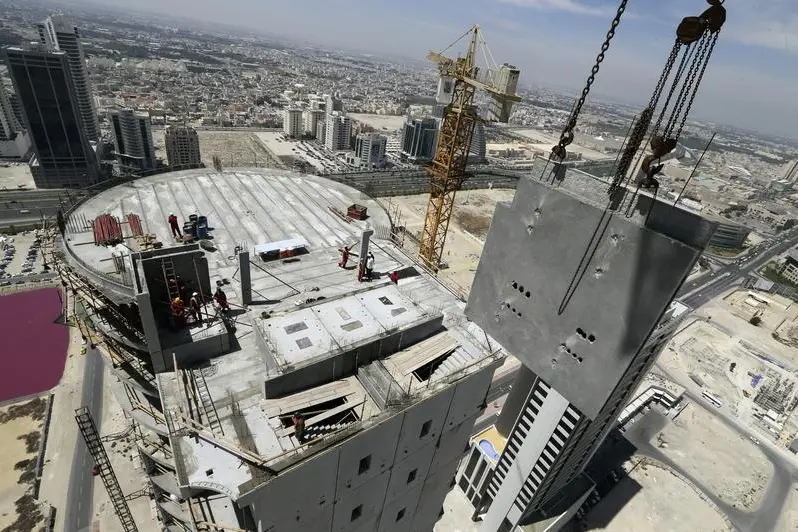PHOTO
Bahrain is rethinking infrastructure projects, especially in its transport sector, due to reduced demand brought about by COVID-19, according to an advisor for its public private partnership (PPP) department.
The kingdom has taken some projects, including transport projects, back to the drawing board and is accelerating others, such as sewage treatment and IT infrastructure, said Loay Ghazaleh, portfolio advisor, major infrastructure and PPP, at the Ministry of Works, Bahrain.
“We had extensive public private partnership pipeline, however due to the COVID-19 we started rethinking some of the projects that we had, especially in the transport sector,” Gazaleh told MEED’s MENA PPP virtual thinktank.
“This is a situation where delivery of some projects is uncertain, and the revenue is also uncertain on the other side, so many project feasibilities were affected. And the government had to do extensive support for its citizens because of this crisis and that caused budget stress, in addition to the already stressed budget of the Kingdom of Bahrain.”
According to Ghazaleh, new considerations for projects included ‘building sustainability’ into them, and that some would be frozen if possible, or scaled down, with the introduction of a phasing approach.
He said transport projects were most likely to be frozen or slowed down due to reduced demand, while information technology (IT) infrastructure projects and sewage treatment projects would be accelerated.
“We discovered due to the COVID-19 sewage flow increased by 20 percent because people are staying at home and consuming more water. Sewage treatment projects are being accelerated; transport projects are being slowed down.
“On the other hand, IT projects are being pushed fast forward. Nearly 70 percent of the government staff are working from home and this puts enormous pressure on our IT systems, so technology and IT projects are pushing forward.”
The government continues to monitor whether the COVID-19 crisis would be short term and its impact on people when it comes to using various services related to transport and IT.
“COVID-19 is a demand crisis, not a financial crisis. Financing for these projects is available, the issue is feasibility. Are the projects feasible for the government’s standpoint or not? Will the government be able to pay for them considering the reduced demand?”
Gazaleh said the kingdom’s transport strategy had shifted to a phased approach. For example, building a three-lane highway, that could later be extended to a six-lane highway. The strategy also aims to stop infrastructure projects - such as the Bahrain North Link Road, the Bahrain-Saudi causeway expansion and the Bahrain airport expansion - from competing with each other.
“Now we are developing a transport strategy for Bahrain where projects are not competing with one another. We have huge demand uncertainty now. Financing would be difficult to do all these projects at a time. We are trying to reduce scope, we are phasing.”
He said there was a policy of proceeding with caution, expand on demand until more information is available on the long-term impact of COVID-19.
(Reporting by Imogen Lillywhite; editing by Seban Scaria)
imogen.lillywhite@refinitiv.com
Disclaimer: This article is provided for informational purposes only. The content does not provide tax, legal or investment advice or opinion regarding the suitability, value or profitability of any particular security, portfolio or investment strategy. Read our full disclaimer policy here.
© ZAWYA 2020





















